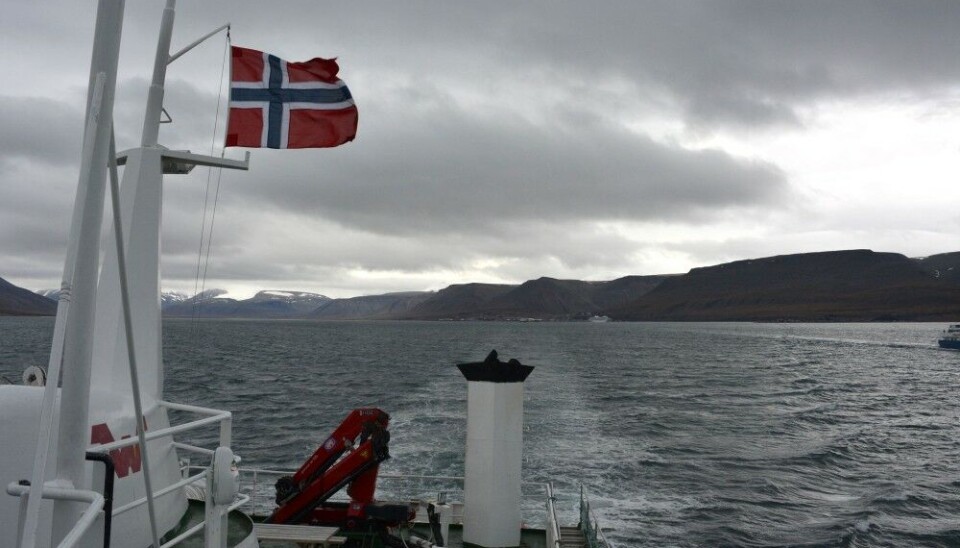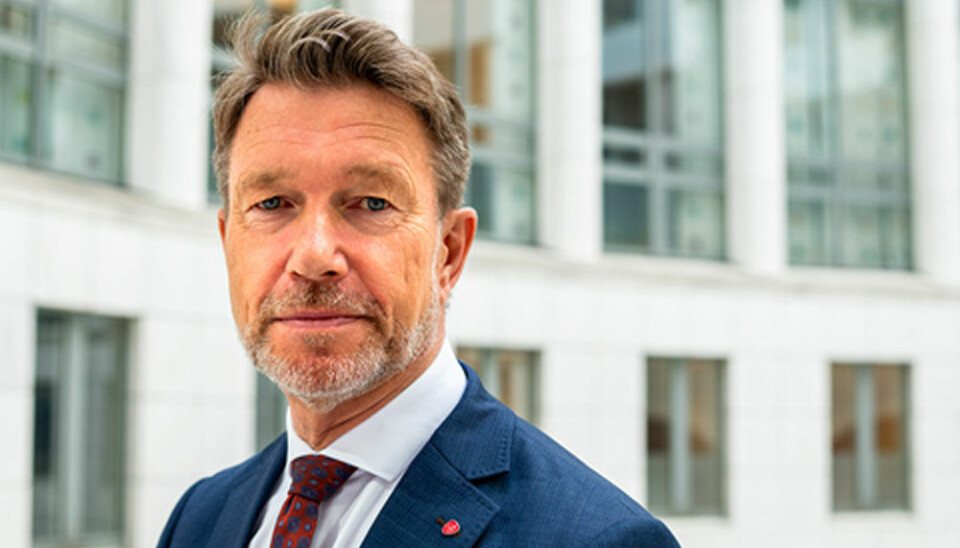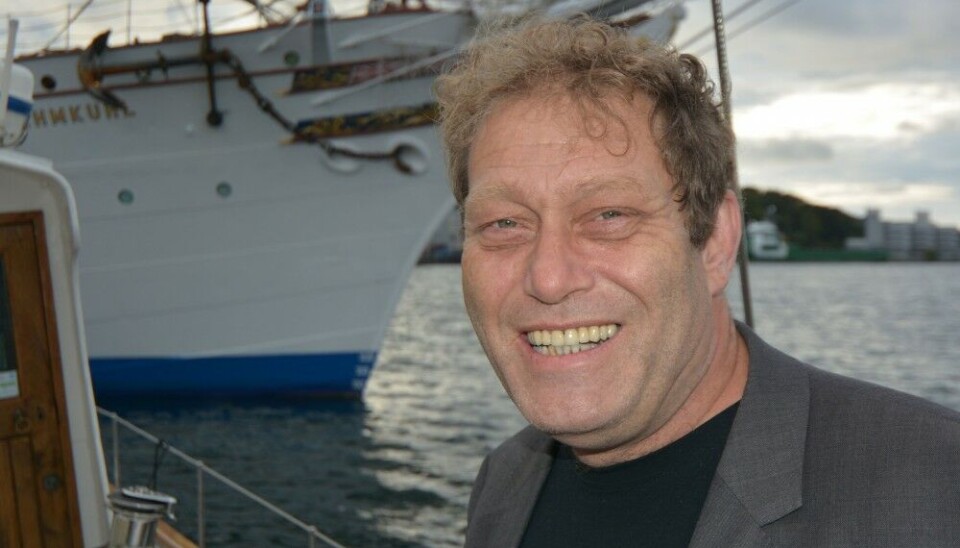
Norway eyes a new future in the abyss
The country believes it has a treasure of rare minerals and metals under the seabed of its vast oceans. But environmentalists warn that extraction could bring detrimental damage to marine ecosystems.
Norway has made a fortune on oil and natural gas extracted from the underground of the sea. Now, Oslo believes there is new and possibly equally valuable resource in its deep depths.
Over the past years, geologists have actively studies seabed minerals on the Norwegian continental shelf. And results are uplifting, they say.
During an expedition in the summer of 2018, the Norwegian Petroleum Directorate found high concentrations of valuable minerals such as copper, zinc and cobalt. The findings were made under the remote and far northern waters of the volcanic Mohns Ridge, an area located between Jan Mayen and Bear Island.
The Norwegian government now intends to step up exploration.

In an announcement made this week, the country’s Minister of Petroleum and Energy Terje Aasland said that a commercial development of the mineral riches will be facilitated.
At the same time, the minister presented a 80-page white paper on the issue to parliament.
It is not only about generating profits, but equally about preparing for green transformation, he explained.
“We need the minerals to succeed with the green shift. Today the resources are controlled by a few countries and that makes us vulnerable,” he said in a statement.
If Norway successfully manages to develop the resources, the new industry will generate wealth and employment in Norway, and also provide crucial metals to global energy transformation, the Norwegian government argues.
Extraction will be conducted in an environmentally friendly manner. And no-one can make this better than Norway, Minister Aasland argues.
“No other country has better preconditions to the sustainable and reasonable management of this kind of resources,” he underlines, and assures that environmental concerns will be observed “through the whole value chain.”
The Government’s White Paper outlines a strategy for the opening of acreage and management of the resources. Included in the strategy is a 21-point list of objectives, among them an ambition to be “world leading on fact- and knowledge based management of seabed minerals.”
But the stress on sustainable management and environmental considerations notwithstanding, environmental experts are skeptic to the plans.
Mineral extraction on the seabed can not be done without dramatic consequences to the marine environment, they underline.
The Bellona Foundation is among the organisations that warn against the projected mining.

“This is a new low in Norwegian management of the sea and environment,” says Bellona leader Frederic Hauge. He argues that the plans are not based on available knowledge and that it is “irresponsible and incomprehensible” by the government.
The Bellona Foundation argues that there is a major potential in circularity and use of new technology and that the Norwegian government is taking premature decisions about the seabed.
According to Bellona expert Martin Melvær, seabed mining could give “enormous damage to environment.”
“We do not know the eco-systems that we are about to start destroying,” he says in a comment.















